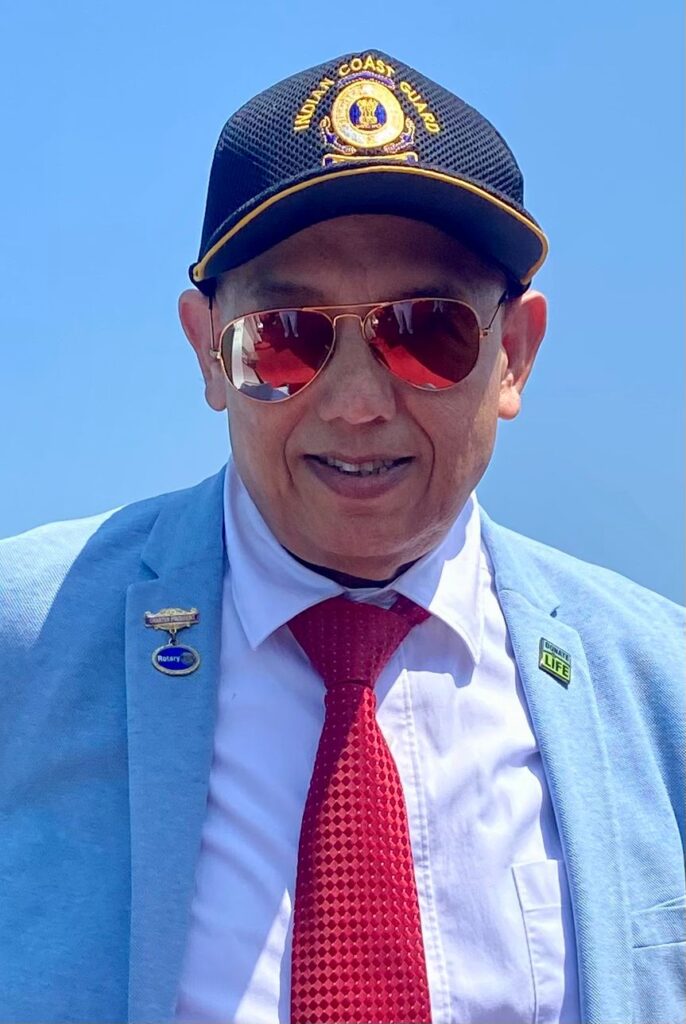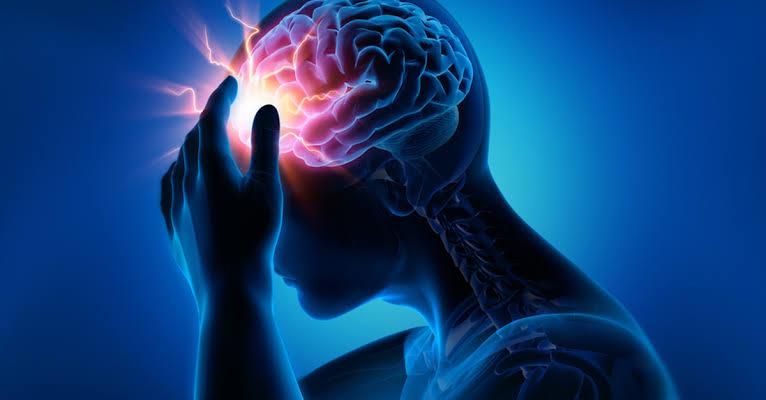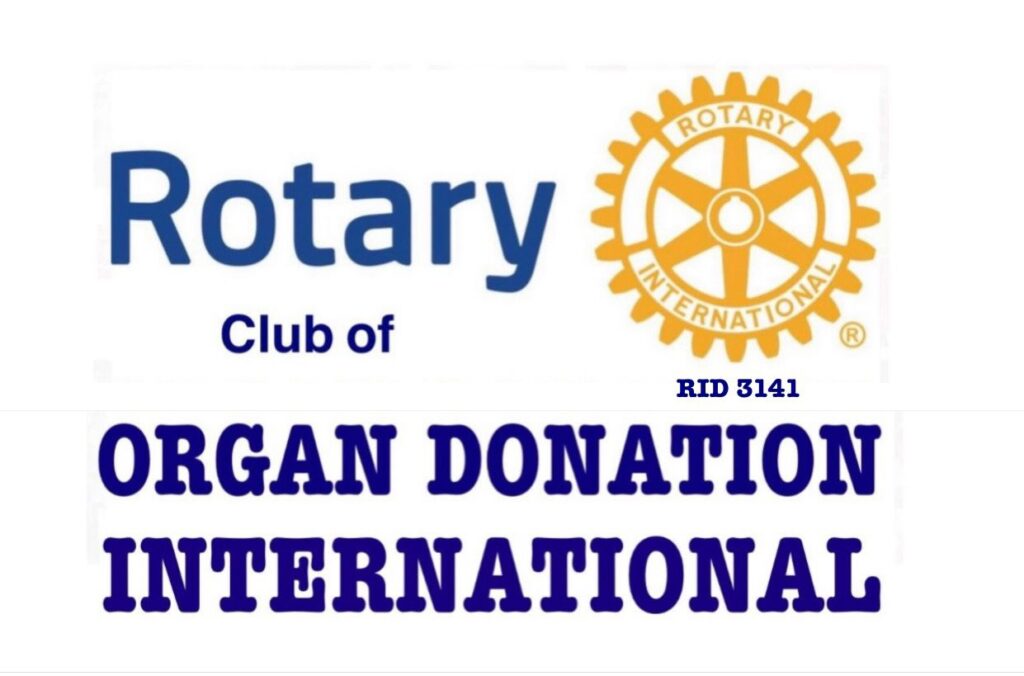A BRAIN DEATH DECLARATION COMMITTEE IS ESSENTIAL IN EVERY DISTRICT IN INDIA

by Rotarian Lal Goel
Understanding Brain Death
Brain death represents the permanent, irreversible, and complete cessation of all brain functions, including the brainstem—the region controlling vital involuntary functions such as breathing and heartbeat. This condition is legally and medically recognized as death, as the individual cannot sustain life functions without artificial support.

Brain death typically results from catastrophic neurological damage caused by severe head trauma, massive strokes, or prolonged oxygen deprivation to the brain.Historical ContextBefore 1968, death was determined solely by the cessation of respiratory and cardiac functions—systems fundamental to maintaining life. However, in 1968, a watershed moment occurred when an ad hoc committee at Harvard Medical School, led by Dr Henry Beecher, proposed redefining death to include the irreversible cessation of brain function. This redefinition created a clinical framework that would eventually facilitate organ transplantation while adhering to the dead donor rule.Brain Death Declaration Committee: Composition and PurposeA Brain Death Declaration Committee consists of specialised medical professionals responsible for confirming the irreversible cessation of all brain functions.

This multidisciplinary team ensures diagnostic accuracy, legal compliance, and ethical integrity in pronouncing brain death, particularly when organ donation is contemplated.Key Members of the Committee:Medical Administrator: Hospital Director or designated authorityNeurological Specialist: Preferably a neurologist or neurosurgeon; in their absence, a qualified physician/surgeon with an anesthesiologist may substituteCritical Care Specialist: An intensivist or anesthesiologist with expertise in critical care medicinePrimary Physician: The medical officer directly responsible for the patient’s treatmentCore Functions:Clinical Confirmation: Conducting comprehensive evaluations to verify the irreversible cessation of all brain functionLegal Documentation: Providing certified documentation essential for legal purposes and potential organ donation proceedingsEthical Oversight: Ensuring adherence to established ethical protocols throughout the determination processProcedural Protocol1. Comprehensive Neurological Assessment: Thorough examination of coma depth, brainstem reflexes, and neurological responses2. Apnea Testing: Scientific verification of the patient’s inability to initiate spontaneous respiration3. Brain Death Determination: Systematic confirmation based on established clinical criteria4. Documentation and Certification: Completion of required legal forms and medical certificatesCritical SafeguardsProfessional Independence: Team members must be independent specialists without involvement in potential transplantation proceduresConflict of Interest Prevention: Certifying physicians must have no vested interest in organ procurement or transplantationDual Verification: Brain death tests must be performed twice with a minimum 6-hour interval to ensure diagnostic certaintyFamily Consent: Documentation of family consent on Form 8 following appropriate counsellingFormal Documentation: Complete recording of test results on Form 10Authorized Facilities: Brain death declarations must occur in hospitals specifically authorised for organ retrieval or transplantationThe Critical Gap in IndiaLimited Geographic Coverage: Approximately 85% of India’s revenue districts lack organ transplant/retrieval centres, meaning these districts have no functioning Brain Death Declaration CommitteesStatistical Underrepresentation: The reported figure of approx 1.5 lakh brain deaths in 2023 likely significantly underestimates the actual number, which may approach 10 lakhs when accounting for rural and non-metropolitan road fatalitiesUrgent Need for Expansion: Every revenue district requires at least one Brain Death Declaration Committee to increase potential organ availability and improve transplantation rates nationwide ConclusionEstablishing Brain Death Declaration Committees in every district represents a crucial step toward enhancing India’s organ donation infrastructure. This expansion would not only facilitate more accurate reporting of brain deaths but would significantly increase the potential organ donor pool, ultimately saving countless lives through timely transplantation.

About the Author : Rotarian Lal Goel is a visionary leader and a driving force in Organ Donation advocacy. As Charter President of the Rotary Club of Organ Donation International and Chairman of the Organ Donation India Foundation & GYAN, he has been pivotal in raising awareness about Organ Donation across India. He serves on the National Committee for the National Campaign for Body-Organ Donation (NCBOD) and has been recognised globally for his efforts. He is the ex-officio member of the Karnataka SOTTO advisory committee. His accolades include the Rajiv Gandhi Businessman of the Year Award, Tyag Murt Mata Ramai Ambedkar Samman, Icons of India Award, World Parliament International Award and the White Coat Ceremony honour by Donate Life, USA. In recognition of his outstanding contributions, Mangalore University awarded him the distinguished title of ‘One in Millions’.